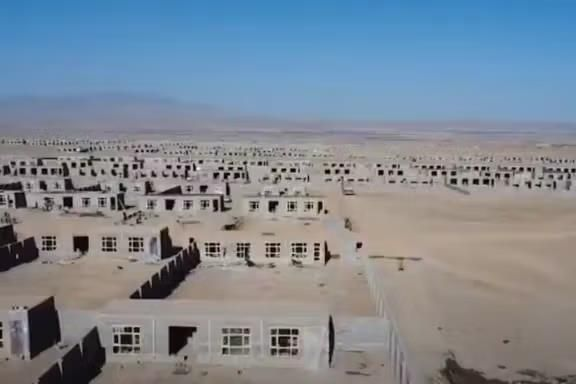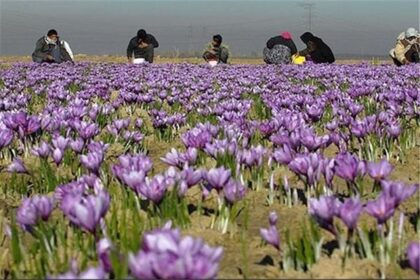RASC News Agency: Amid the verdant mountains of Kunar province, where the gentle murmur of rivers collides with the muted echoes of ongoing insurgency, a new and unsettling operation is underway. Under the cloak of darkness, convoys of military vehicles are transporting families of Pakistani militants affiliated with Tehrik-i-Taliban Pakistan (TTP) from their temporary borderland shelters to the deeper interior of Afghanistan specifically the provinces of Ghazni and Zabul, which have long been strongholds for the Taliban. Multiple local sources from districts including Khas Kunar, Marawara, Manogi, Sarkano, and Dangam have confirmed that this relocation initiative began approximately one month ago. A specially appointed Taliban committee, in direct coordination with the TTP, is overseeing these transfers. Families are moved under military escort, with the Taliban not only facilitating transport but also providing household necessities and monthly financial stipends. This covert support highlights the extent to which the Taliban continue to harbor and empower foreign militant groups within Afghanistan’s borders.
Tribal elders from Kunar report that roughly twenty-five TTP-affiliated families were recently evacuated from the Wali and Shali valleys, though key figures such as the families of senior commanders Mullah Haidar and Qari Kamran remain in these areas. Residents describe how TTP operatives enjoy unchecked freedom in these regions, openly collecting religious taxes and coercive contributions from local populations a practice that under previous governments had been conducted covertly but now persists with Taliban sanction. Reports further reveal that similar relocations had earlier occurred, with families previously settled in refugee camps and border areas of Khost and Paktika moved into Ghazni province. The Taliban have reportedly prohibited biometric registration or photography of these individuals, seeking to maintain secrecy and avoid detection by domestic or international actors.
This orchestrated population transfer carries profound security implications. By embedding Pakistani militants and their families deeper within Afghanistan’s territory, the Taliban effectively transform Afghanistan into a sanctuary for insurgents hostile to Pakistan and the broader region. This not only exacerbates regional tensions but also risks reigniting and strengthening militant networks in southern and eastern Afghanistan. Local sources confirm that while rank-and-file militants’ families are settled in rural districts such as Qarabagh, families of TTP leadership are being housed in urban centers like Kabul, revealing a strategic hierarchy in Taliban protection efforts. All the while, ordinary Afghanistani citizens continue to endure a harsh reality marked by economic collapse, chronic poverty, and growing insecurity. Instead of prioritizing the needs of their suffering populace, the Taliban have dedicated resources to facilitating foreign militant presence, thus perpetuating instability and deepening Afghanistan’s international isolation.
As the country descends further under Taliban control, it risks reemerging as a breeding ground for transnational terrorism a prospect that threatens not only Afghanistan’s fragile stability but also the security of neighboring states and the international community. The Taliban’s unwavering alliance with extremist groups like the TTP underscores their fundamental role in sustaining a regional environment rife with violence and instability, imperiling prospects for peace and development across South and Central Asia.






